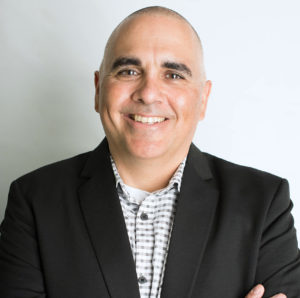I'm so excited to introduce you to this week's guest on Pep Talks for Side Hustlers, Loran Greeter!
Loran Geeter is a Business & Operations Coach helping OBMs, Systems Strategist and VAs stop skipping steps so they can position their expert authority and then step into CEO. As a service provider herself, Loran understands the power of positioning yourself as an authority in the online space. She's also a pro at creating sustainable and profitable businesses that not only transform your clients, but your life as well.
Through her signature Framework in her Built For Authority coaching program, she has been able to teach that “skipping the trenches” is not the way. Meaning… there is never a shortcut to entrepreneurial success and is helping operational professionals take their businesses from struggle to structure.
Push play to listen to this week's episode, or read the full transcript below!






